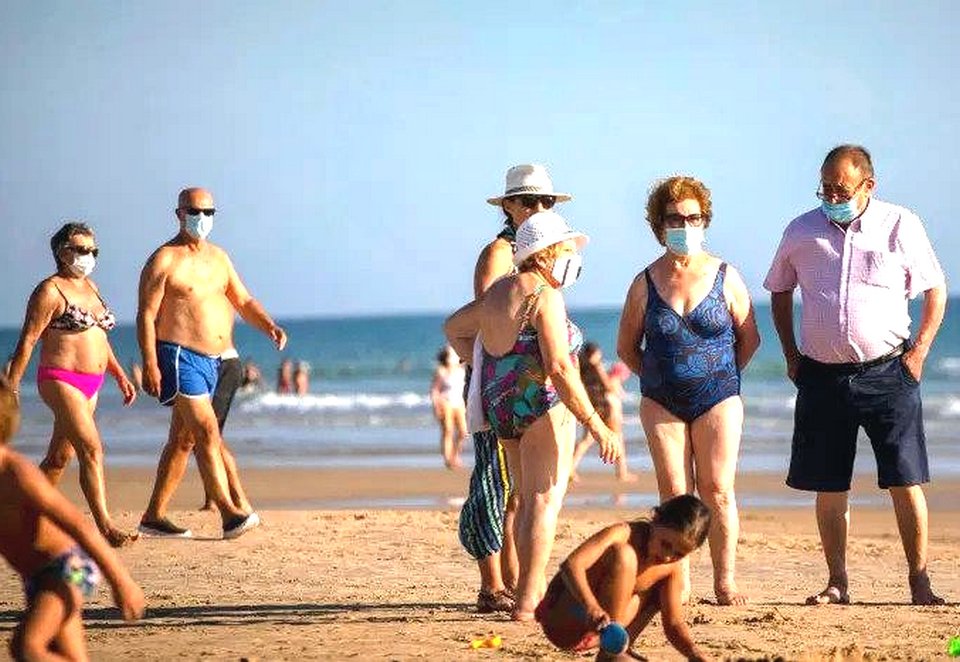
The Board of Investment has announced a launch date of September 1 for the latest tranche of long-stay resident visas, or LTRs. These are the 10-year permissions available to high-potential individuals such as the globally wealthy, highly-skilled professionals and – significantly – retirees over 50 who are economically inactive. The one-off registration fee is 50,000 baht for all types.
As regards retirees, the LTR is muscling in on a crowded field. There are already O and OA annual visas and extensions of stay in Thai embassies and immigration bureau, the 5-20 year Elite visa and even a 10-year predecessor known as O/X, introduced in 2017 and barely taken up because of its complexities and limited advantages. Retirees married to Thai nationals have their own route too, requiring the foreigner to prove only 400,000 baht annually in savings or income.
The LTR retiree option requires a pension of 80,000 baht a year or, if less, a US$250,000 investment in government bonds or public companies. There is compulsory ongoing insurance of US$50,000 and a minimum age of 50. Earlier announcements claimed that (for all LTRs) there would be no requirement to perform the 90 days reporting ritual and even suggested that voluntary or unpaid work might now be allowed. Ability to buy freehold property from developers was also mooted. These details have never been clarified and still aren’t.
Thai authorities have a gigantic task ahead in persuading well-heeled foreigners to access the LTR. The advantages and bonuses, if any, need to be spelt out in detail. One of the many reasons why the Elite visa got off to a poor start in 2003 was that rumors of holders being able to buy one rai of land or work without a permit proved to be without foundation. The main Elite bonuses appear to be retail discounts and a separate channel at airports and immigration (if you are lucky).
The matter of immediate concern to Thai retirees is the future of insurance requirements – not Covid cover, but the comprehensive type. Already, those holding OA visas from an embassy must possess comprehensive hospital cover when annually extending at immigration. The annual minimum rises to US$100,000 in September according to earlier announcements, with an option for self-insurers too old or sick to obtain cover. One of the many problems of Thailand’s immigration policy is that several government ministries are free to express their views. But they are not singing from the same hymn sheet.
 |
 |
 |





